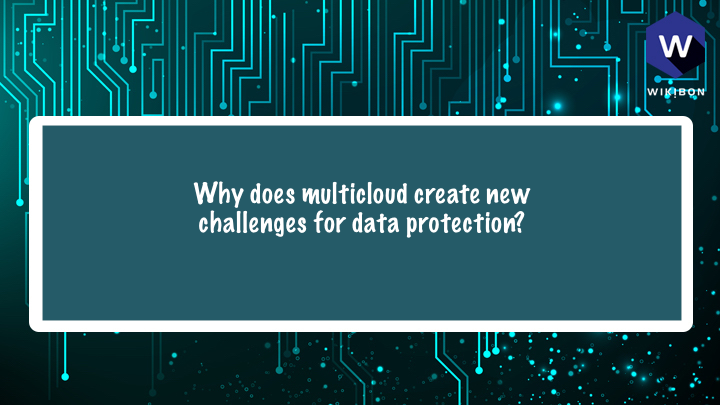
Peter Burris33






















What approaches do you take to connect business needs to data protection? https://www.crowdchat.net/s/25s2q

wcpreston
Negotiated RPOs and RTOs that include chargeback. Nothing else matters to the business but RTO and RPO.

Andrew Miller
Sadly defined RPO's and RTO's are still hard - often not defined. Fortunately newer tech makes it easier to put in general approaches and then easily modify if needed.

Jay Livens
You need to understand the data that you are protecting and what it means for your business. Knowing that you have to reply the right policy to the right data and even the right cloud. This is a huge challenge and gets back to the requirement for central management.

Theresa Miller
Ensure that their is good communication with the business users of technology, and bring in security/compliance to ensure that the right approach has been implemented.

Peter Burris
@24x7ITConnect Do you foresee business people getting more involved in data protection-related decisions?

jameskobielus
Risk profiling of the business processes. Determine the extent to which the most mission-critical processes hinge on data-derived apps, models, and other assets, and assess the degree of vulnerability of that data. Prioritize data protection initiatives accordingly.

Theresa Miller
They will not get their hands in the actual protection process, but their input needs to be queried. Leverage champions in the appropriate business areas to better understand what they are doing, so it can get backed up by the IT admin.

Peter Burris
@wcpreston Or, in my case, refereed business/IT "conversations."

Jay Livens
@wcpreston That is very troubling and causes this problem. I have run into numerous customers over the years who say. I have no idea about this data and so I am just going to keep it forever! Gulp

Andrew Miller
I'm not sure we'll ever fully solve the "know your data and business better" problems. Business folks often have items w/far more $ impact to the business to focus on. Takes me back to tools that in general lower admin cost (required w/more data) & are more flexible

David Floyer
Data protection is a subset of data management. In a multi-cloud distributed environment, with quicker development cycles, overall data management is a key function, driven by business needs & agility.

jameskobielus
For example, 10 years ago very few businesses relied on AI-driven processes, such as recommendation engines to power e-commerce. Now, many do. If the data lakes used to continually retrain this AI go down now, the bottom line suffers. Protect your lake!

Peter Smails
Business needs is a broad topic - recoverability = RPO/RTO, ransomware = detection/eradication, GDPR = masking, test/dev = masking/sampling, cloud/DB migrations = mobility...the list goes on.

wcpreston
I've had some customers did the "we're going to turn it off and see who complains" to find out who the BU was. LOL

David Floyer
@wcpreston mmm - what about adding value with data access/reuse/etc?

Peter Smails
@dfloyer Agreed. EDM is the holy grail.

Rodrigo Gazzaneo
@JLivens agreed. It's a #RiskManagement approach.

Dave Vellante
@wcpreston Business negotiation of RPO/RTO: Me: "how much data are you OK losing and how fast do you need to be back online?" LoB: "What?!!!! None & immediately" Me: "How much money do you have to spend" ... and you know where this conversation goes

David Floyer
@JLivens Yes - getting rid of stuff is vital!

Rodrigo Gazzaneo
@dvellante better yet "how much money do you thing you will lose if this data is lost/unavailable". It's a #RiskManagement conversation.

Jay Livens
@vGazza Yes! A crazy expensive one.

Jay Livens
@dfloyer Yes, it is often harder to get rid of stuff than to keep it around.

Dave Vellante
most definitely LoB people are getting more involved in data protection decisions...increasingly data is their most valuable asset.








